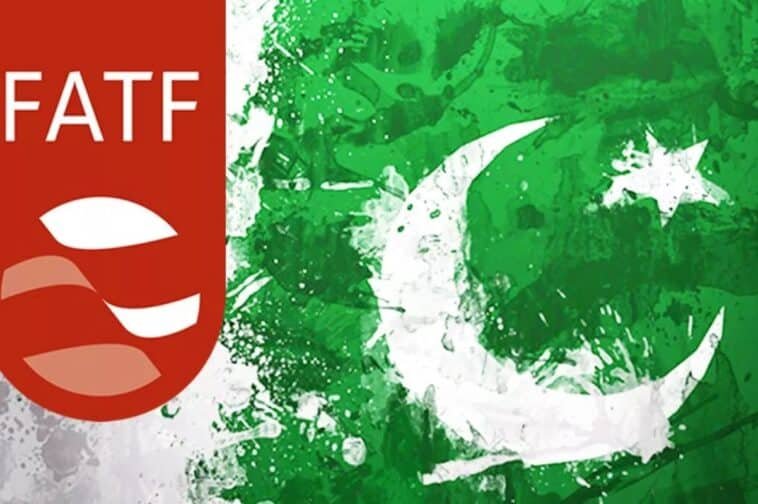FATF, comprising 39 members, is the global money laundering and terrorist financing watchdog. It sets international standards to prevent illegal activities, including illegal drugs, human trafficking and other crimes. It holds countries to account that does not comply with its recommendation or standards. It has two types of list – grey and black.
Below are some of the effects being grey listed causes:
- Donor organizations like World Bank and IMF are hesitant to provide any financial assistance
- The economy starts shrinking as investors are reluctant to invest in a country with a fragile economy
- Lack of investment causes bearish trends in the stock market
- The local currency starts losing its value, causing a rise in inflation, the trade deficit
- Trade suffers as other countries avoid engaging with grey-listed countries
In June this year, FATF found Pakistan compliant or largely compliant on all 34 points and fielded an onsite mission to verify before announcing its exit from the grey list. A 15-member joint delegation of the FATF and visited Pakistan from August 29 to September 2 to verify the country’s compliance with the 34-point action plan.
Pakistan is now off the “grey” list of the Financial Action Task Force (FATF) after four years of being on it. Islamabad can now try to get aid from the International Monetary Fund (IMF), the World Bank, the Asian Development Bank (ADB), and the European Union (EU) to boost its economy.
ECP Disqualified PTI Chief Imran Khan Under Toshakhana Case
Minister of State for Foreign Affairs Hina Rabbani Khar said Financial Action Task Force (FATF) has removed Pakistan from the grey list, acknowledging the country’s significant progress in improving anti-money laundering and countering financing of terrorism regime .In a press briefing here, she said “I am pleased to announce that as a result of our sustained efforts during last four years, acknowledgment of our unwavering political commitment, and the successful on-site visit, FATF has fully recognized completion of all substantive, technical as well as procedural requirements of Pakistan’s 2018 and 2021 Action Plans.”





